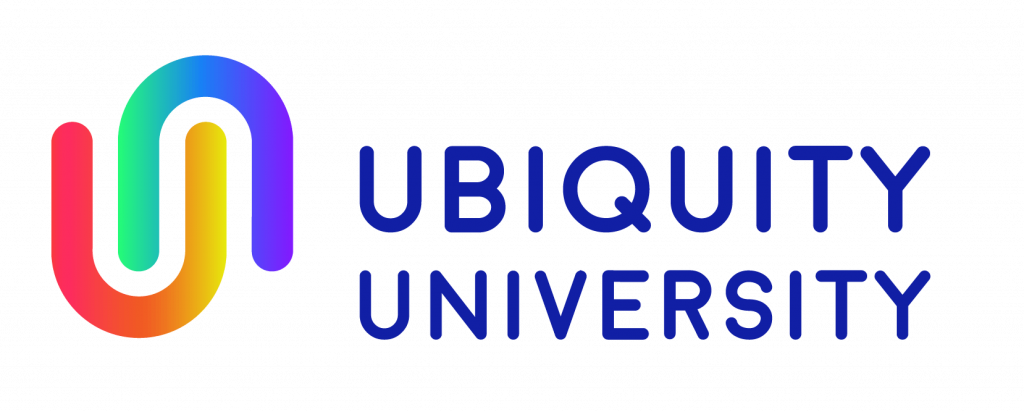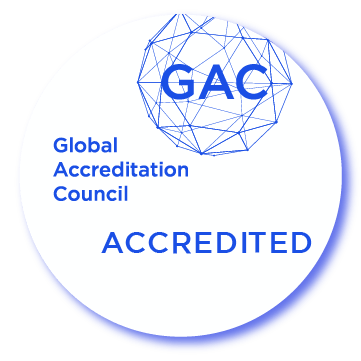
Course Description:
Addiction is one of the most ubiquitous forms of mental health disorders globally. In many countries, its burden on health care is so excessive as to constitute a medical and economic crisis. As a consequence of the magnitude of this disorder many scholars, institutions, and clinicians have desperately sought to understand and address this complex phenomenon. Although many theories of addiction exist, and our explanation of addiction has become more sophisticated, there are still serious shortcomings in our understanding. Furthermore, there is such a cornucopia of conflicting theories of addiction that for treatment providers, therapists, and policymakers it has become exceedingly difficult to integrate this vast field of knowledge into effective treatment. Within this course, we will look at methods meant to change this paradigm. We will provide researchers, academics, therapists and individuals who want to better understand these issues with a meta-conceptual architectonic of addiction and its treatment grounded in an integral approach.
SPECIAL NOTE: There are videos included in this course and it is constructed in a way that an independent learner can navigate it and understand the teachings within. However, if you are in need of faculty-led sessions, we will record those and insert them the next time this course is scheduled to run in Live Virtual Classroom.
Learning Outcomes:
By the end of this course students should be able to:
- demonstrate a basic understanding of the main categories of psychoactive substances and classification of substance use disorders;
- be familiar with the broad categories of eitological models of addiction;
- articulate what the current conceptual challenges are in addiction science and treatment design; and,
- understand the theoretical foundations of integral theory and address addiction from that conceptual perspective.
Faculty:
Guy du Plessis, BA, BA Honors, MA, PhD Candidate, holds a BA in Psychological Counselling (cum laude), BA Honors in Psychology (cum laude), and MA in Psychology (cum laude) degrees from the University of South Africa, and is PhD Candidate at Stellenbosch University. He is a registered psychological counselor with the HPCSA, and has worked in the addiction treatment milieu for over 15 years as an addictions counselor, head of treatment, program and clinical director, trainer, and researcher. He is the author of the book, “An Integral Guide to Recovery: Twelve Steps and Beyond” and has published numerous academic articles in the fields of addiction treatment and studies, theoretical psychology and philosophy. He is a Faculty Mentor in the School of Behavioral Sciences at California Southern University, Faculty member at the Wayne Institute for Advanced Psychotherapy at Bellarmine University, Researcher at Momentum Mental Healthcare SA, and Executive Director of the Mind-Body Bridging Institute.
Course Modalities:
Non-Credit Options
Lite Level – This course is delivered on-demand with no faculty interaction and is perfect for lifelong learners who want to go at their own pace and who are not interested in academic credit but still want to experience the course.
Audit-No Credit – If you would like to participate when this course is offered in our Live Virtual Classroom mode, you may attend the live faculty webinars but will not be required to submit assignments for credit.
If you take a few courses and decide you want to officially enroll in a degree program, you can gain academic credit for Lite versions or Audit-No Credit versions by paying the difference between these course fees and a normal academic fee, successfully completing quizzes, submitting your reflection journals, and delivering a Final Creative Assignment that will be graded.
For-Credit Options
Live Virtual Classroom: Study that takes place within Ubiquity University, in which Ubiquity academic coursework is accomplished through attendance in Live Webinars, with faculty and student interaction being a part of the Live Webinar content. To receive academic credit, you must not miss more than 3 live sessions, you must complete the quizzes and submit any other required assignments (if any), and a final creative assignment for grading at the degree level you are enrolled in.
Internal Online Independent Study: Study that takes place within Ubiquity University, in which Ubiquity academic online coursework is engaged in independently on one’s own and does not include faculty interaction. To receive academic credit, you must complete the quizzes and submit your reflection journals and final creative assignment for grading at the degree level you are enrolled in.
The rules guiding our assignment collection and grading process can be found here: Ubiquity University Grading Policy
Our shopping cart is simple and easy to understand. If you do not have a user account, you will be able to create one upon purchase. Save your username and password as you will need it to login to access course materials later. For more detailed, step-by-step instructions you can review our tutorial How to Purchase a Course. Again, if you experience any issues, please email Veronica Saldias at registrar@ubiquityuniversity.org.
We allow students at all academic levels to participate in our online courses. However, those students who are enrolled in MA or PhD programs are expected to offer a more sophisticated analysis on reflection tasks, writing assignments, and in the final creative assignment. You will be graded commensurate with your degree level. Except for the Final Creative Assignment, word counts are offered as guidelines. If you need to exceed the word counts to submit an MA or PhD level response, you may feel free to do so as long as the word count expansion is reasonable and necessary.
Course Contact Information:
Live Virtual Classroom macrocourses are delivered by faculty in live Zoom sessions. You will have a course facilitator who is available to answer questions and offer additional assistance and that information will be provided to you upon registration. Please do not email faculty directly with any technology or registration issues.
For on-demand lite or Internal Online Independent Study versions, click the “Chat” button down on the left-hand side of the screen for any technical issues or questions you may have about the content.


